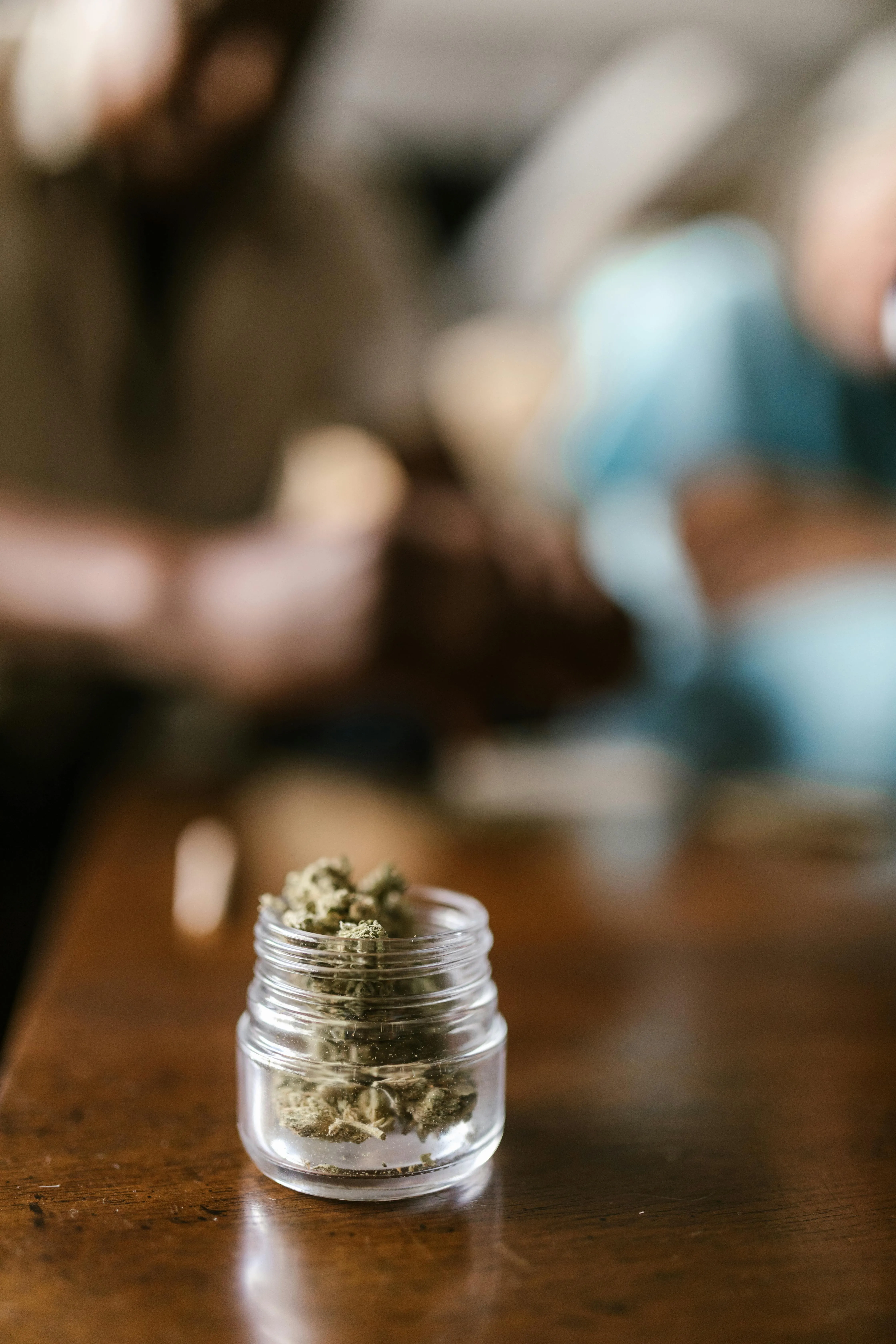Growing Your Own Green? Know the Law Before You Sow!
The world of cannabis is blossoming, with legalization sweeping across many nations and regions. This newfound openness has sparked a surge in interest in home cultivation, with people eager to nurture their own plants from tiny seeds to bountiful buds. 
But before you start dreaming of overflowing harvests and fragrant gardens, it’s crucial to remember one key thing: cannabis seed legality is a patchwork quilt. What’s perfectly legal in Amsterdam might land you in hot water in Atlanta.
Navigating the Legal Landscape
Cannabis laws are complex and constantly evolving. Different countries, states, provinces, and even cities can have wildly different regulations regarding cannabis cultivation. Some places embrace home growing with open arms, while others maintain strict prohibitions.
Here’s a quick breakdown of some common legal scenarios:
* Fully Legal: In certain jurisdictions, recreational and/or medical cannabis is fully legalized, allowing residents to cultivate their own plants within specific limits. These regulations often dictate the number of plants allowed per household, age restrictions for growers, and whether seeds can be purchased from licensed retailers or require special permits.
* Medical Only: Some regions permit cannabis cultivation solely for medical purposes with a valid prescription from a qualified healthcare professional. Specific strains might be recommended, and growing limits may be stricter than in fully legalized areas.
* Decriminalized: Decriminalization means that possession of small amounts of cannabis is no longer a criminal offense, but it doesn’t automatically legalize cultivation. Growing your own plants could still attract legal consequences.
* Illegal: In many parts of the world, cultivating cannabis remains strictly prohibited. Attempting to grow cannabis in these areas can lead to serious legal repercussions, including hefty fines and even imprisonment.
Beyond Legality: Ethical Considerations
Even in places where cannabis cultivation is legal, it’s important to consider ethical implications. Responsible growing practices are crucial:
* Environmental Impact: Cannabis cultivation requires resources like water, electricity, and nutrients. Choose sustainable methods to minimize your environmental footprint.
* Community Concerns: Be mindful of the potential impact on neighbors. Odor control measures and discreet growing techniques can help mitigate any potential disturbances.
Staying Informed: Your First Step to Legal Growing
Before embarking on your cannabis cultivation journey, always prioritize research and due diligence. Here are some steps to take:
1. Local Laws: Contact your local government offices or consult legal professionals specializing in cannabis law for accurate information on cultivation regulations in your specific area.
2. Online Resources: Reputable websites dedicated to cannabis legalization and advocacy often provide up-to-date information on laws and regulations across different regions.
Remember, ignorance is not a defense. Staying informed and respecting the law ensures a safe and enjoyable experience for both you and your community. Happy (and legal) growing!